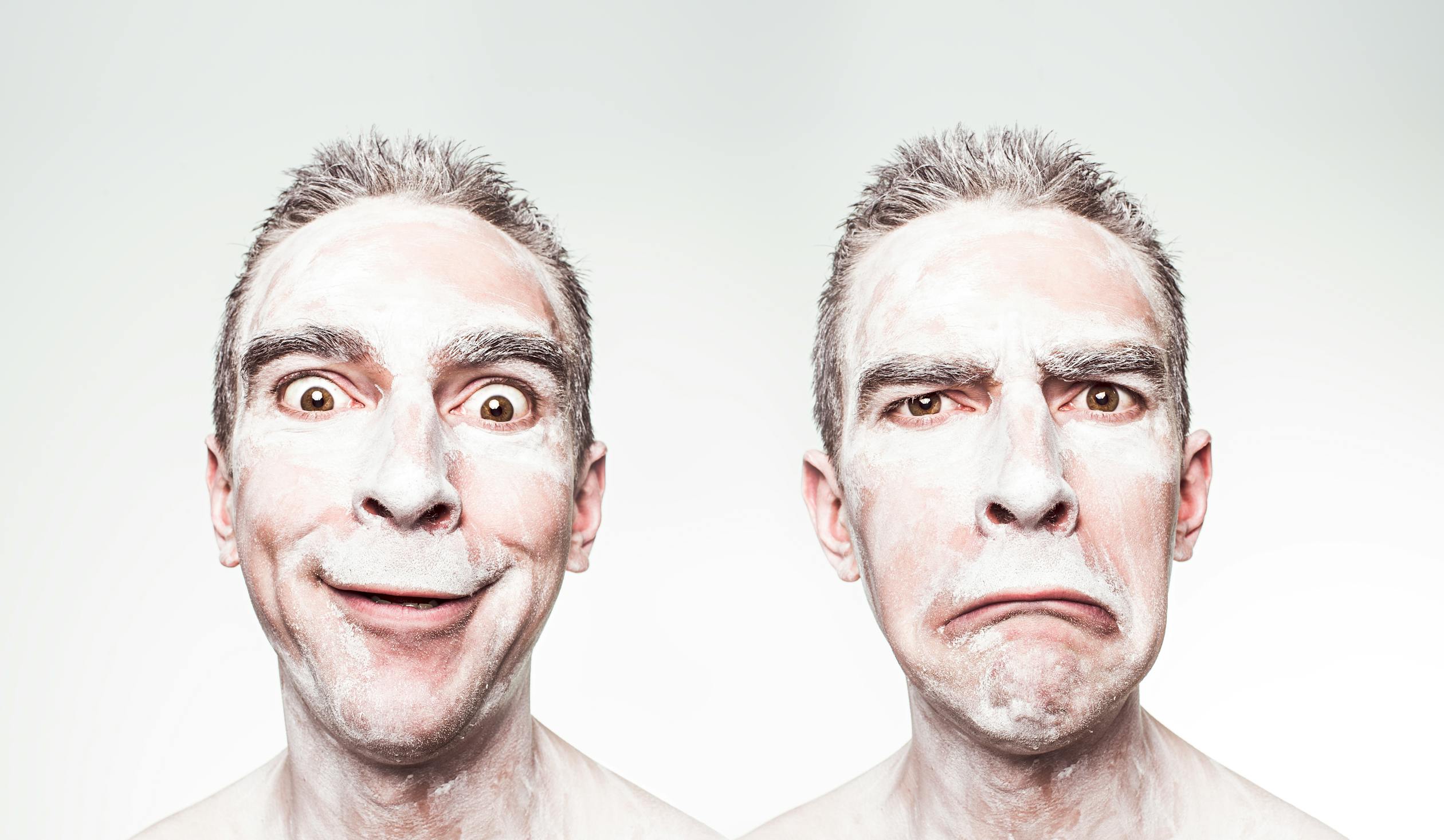Rewrite this article:
 Although it is commonly accepted that paying off debt will always have a positive impact on one’s credit rating, this is not always the case. In fact, sometimes paying off a debt will cause the score to drop, which can be a drag if you don’t understand why.
Although it is commonly accepted that paying off debt will always have a positive impact on one’s credit rating, this is not always the case. In fact, sometimes paying off a debt will cause the score to drop, which can be a drag if you don’t understand why.
Generally, your credit score is the result of more than your payment history. There is a formula that assigns a specific weight to each factor. THE FICO score, used to make the majority of lending decisions, assigns 35% to payment history, 30% to outstanding debts, 15% to length of credit history, 10% to credit composition and 10% to new credit.
While paying off debt is a step in the right direction, it may not help improve your score immediately if it impacts credit mix, credit usage, or length of payment history. .
Below are possible scenarios where paying off debt hasn’t improved your credit score
Interference with the credit mix
Credit distribution refers to the different types of credit accounts you have, such as credit cards, car loans, or mortgages. It’s important to have a combination of multiple accounts to keep your credit score healthy.
For example, having a credit card, car loan, and mortgage shows that you can handle different types of credit, which is good for your creditworthiness. However, if you pay off your credit card balance and close the account, your credit combination will be affected, as you will have one less credit account type.
So while paying off your credit card debt is a good thing, closing the account could negatively impact your credit mix and ultimately your credit score.
Increase in credit utilization rate
Your credit utilization rate is the amount of credit you use compared to the amount of credit you have. For example, suppose your credit cards have a combined credit limit of $20,000 and you owe $5,000, then your credit utilization rate would be 25% ($5,000 ÷ $20,000).
Paying off your credit card balance usually increases your credit score. However, it is important to know that if you close a credit card account after paying it off and continue to spend the same amount, your credit utilization rate could increase because you will have less available credit.
In this case, let’s say you pay off and close two credit cards with a total credit limit of $5,000. Your available credit will decrease to $15,000. If you use $5,000, your credit utilization rate increases to 33% ($5,000/$15,000). This increase in credit usage could potentially reduce your credit score.
Reduced length of credit history
The length of your credit history is calculated using:-
- How long each of your credit accounts has been open and their average age.
- The length of time these accounts have been on your credit report.
- The last account activity.
The length of your credit history is an important factor in your credit score because it demonstrates your ability to manage your credit over time. Lenders prefer borrowers who have a long and stable credit history, as this indicates a lower risk of loan default.
So if you pay off a debt and close an account, and especially if it’s one of your old accounts, it can potentially have a negative impact on your credit score because it lowers the average age of your accounts.
In conclusion
Ultimately, paying off debt is a great way to restore your financial health. That said, you may not immediately notice the benefits when it comes to credit score. Understanding how the factors described above affect your credit score will help you make better decisions and anticipate their outcomes in advance.
To help eventually improve your credit score, you need to prevent new negative information from entering your credit report. You can do this by paying your bills on time, keeping your credit card debt low, and avoiding new credit unless necessary.
Source link







